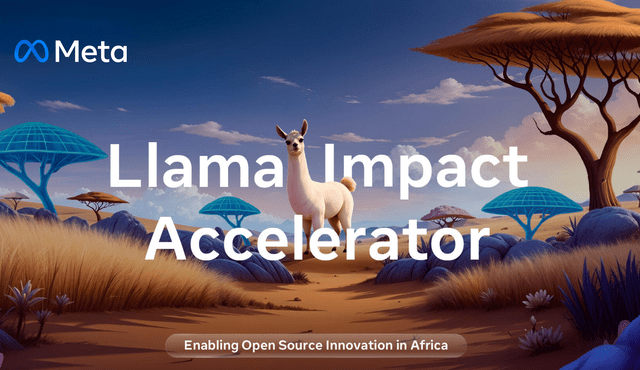
Meta, the parent company of platforms such as Facebook, Instagram, and WhatsApp, is preparing to roll out an artificial intelligence (AI) system capable of evaluating up to 90% of updates made to its apps for potential harm and privacy risks. This move marks a significant shift toward automation in regulatory compliance and internal policy enforcement.
The AI-driven system is designed to assess changes such as feature updates, interface alterations, or changes in data handling procedures according to Meta’s internal privacy policies and global regulatory standards. Automating this process is expected to dramatically reduce the workload of Meta’s human privacy engineers and review teams, who currently manually assess a significant number of proposed updates.
Joe Osborne, a spokesperson for Meta, stated that the company is advancing this initiative to improve scalability and efficiency while maintaining high privacy standards. “The goal is to make privacy reviews faster and more accurate as we deploy updates to billions of users globally,” Osborne said.
The AI system uses natural language processing and machine learning algorithms to analyze code changes and documentation associated with app updates. It then determines whether an update could affect user data or violate privacy norms. If the system detects any potential risk, the update is flagged and sent to a human reviewer for further analysis.
This approach is also intended to minimize bottlenecks in product development cycles by enabling faster feedback, which could make it easier for Meta engineers to innovate while staying compliant with data protection laws such as the General Data Protection Regulation (GDPR) in Europe and the California Consumer Privacy Act (CCPA).
While automation will cover the majority of cases, Meta emphasized that sensitive or particularly complex updates will still be handled manually to ensure rigorous scrutiny. Privacy advocates and regulators are likely to watch the implementation closely, particularly regarding how transparently the system functions and whether it proves effective in catching problematic updates before deployment.
This development is part of a broader trend across the technology industry, where companies are increasingly incorporating AI tools into regulatory and ethical compliance functions. It remains to be seen whether Meta’s automated system can reliably meet the nuanced demands of global data privacy compliance, but the company’s efforts signal a growing reliance on automation in the face of expanding digital regulation.
Source: https:// – Courtesy of the original publisher.








